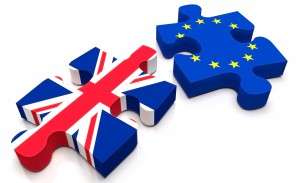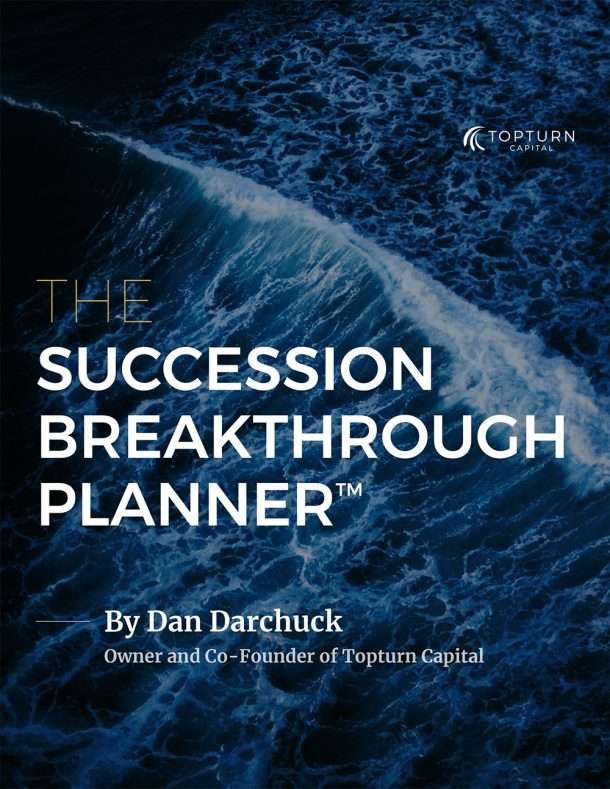Brexit has surprised much of the world. By now you’ve likely read commentary professing all sorts of different perspectives on the long term effects of the referendum results.
You may be wondering about our views regarding this wave.
1. We Don’t Panic. Taking a page – or the front cover – from A Hitchhiker’s Guide to the Galaxy, we know better than to let emotions guide our decisions. We have a disciplined process to maintain alignment of portfolio investments with the primary trends.
2. We have non-correlating assets in the portfolio to help minimize the magnitude of short-term moves like this one. As one group of assets moves in one direction, the other group helps stabilize, keeping us upright and ready for the next set.
3. Completely unexpected events such as the failure of Lehman Brothers and the 9/11 attacks create the most violent market reactions. One would think that an event like “Brexit”, which had been making newspaper headlines for months, was already at least somewhat priced into the markets.
4. An overwhelming majority of “crisis events” lead to short-term buying opportunities. The historical median response to such events, below, demonstrates the instant reaction and long-term effects:
• Median reaction on date of event: -2.9%
• 22 Days Later: +4.6%
• 63 Days Later: +6.1%
• 126 Days Later: +9.3%
• 253 Days Later: +16.9%
5. When Greenland partially left the EU’s predecessor, the EEC, back in 1985 the impact on markets was minimal. The closest negative precedent is the performance of Canadian equities following the rejection of the 1995 Quebec independence referendum. Canadian equities rallied by more than 6% in the week that followed the vote.
At this point, the British government has yet to trigger Article 50 of the Lisbon Treaty, which would start negotiations towards a departure. The Brexit vote does not require the government to pull that trigger, as the referendum was not legally binding. The next few months will likely be rife with discussion as to when, how, and who will take that plunge.
In the meantime, EU law and treaties still apply to UK labor, goods, and services, which will continue to flow freely across the channel.
– Greg Stewart, CIO


